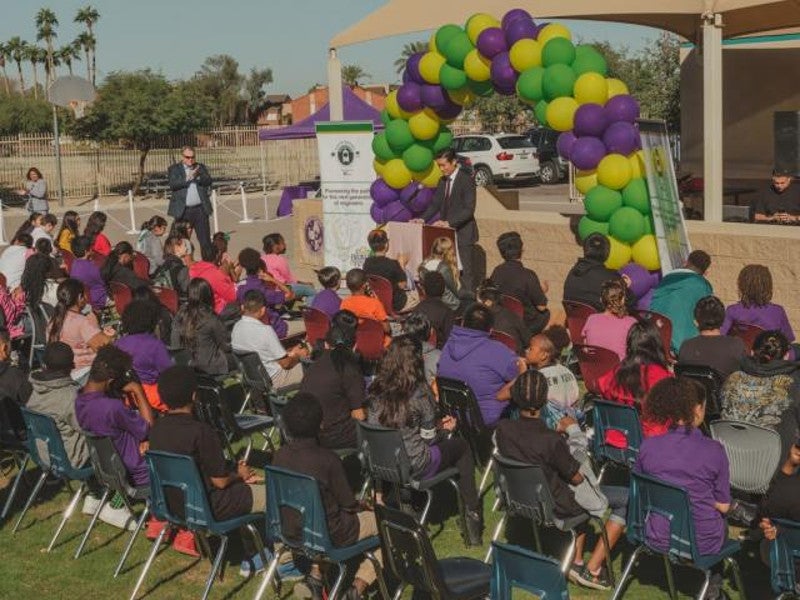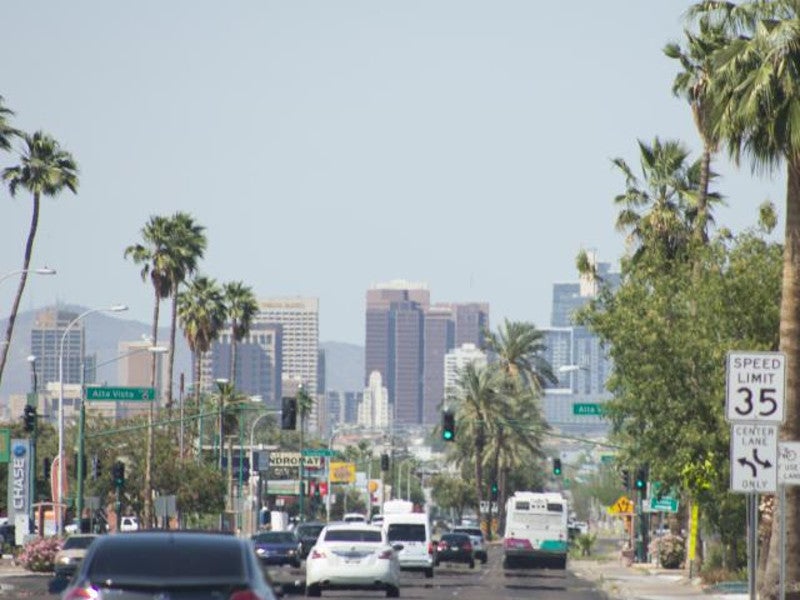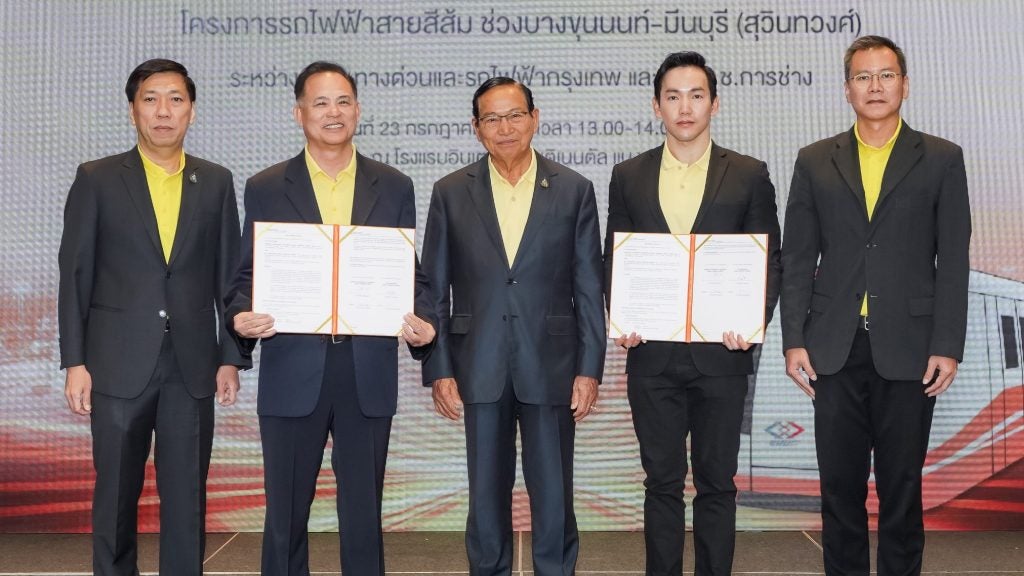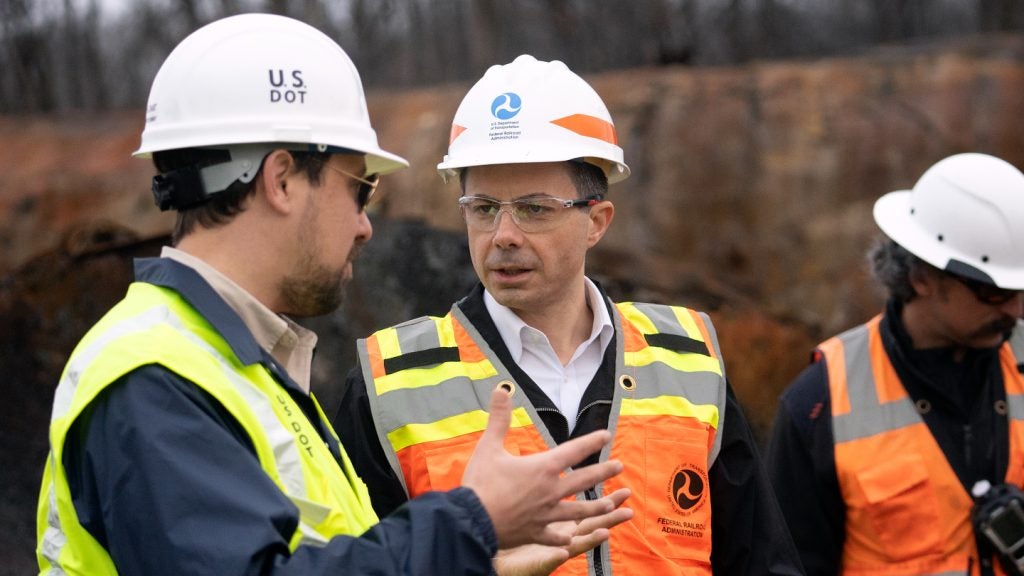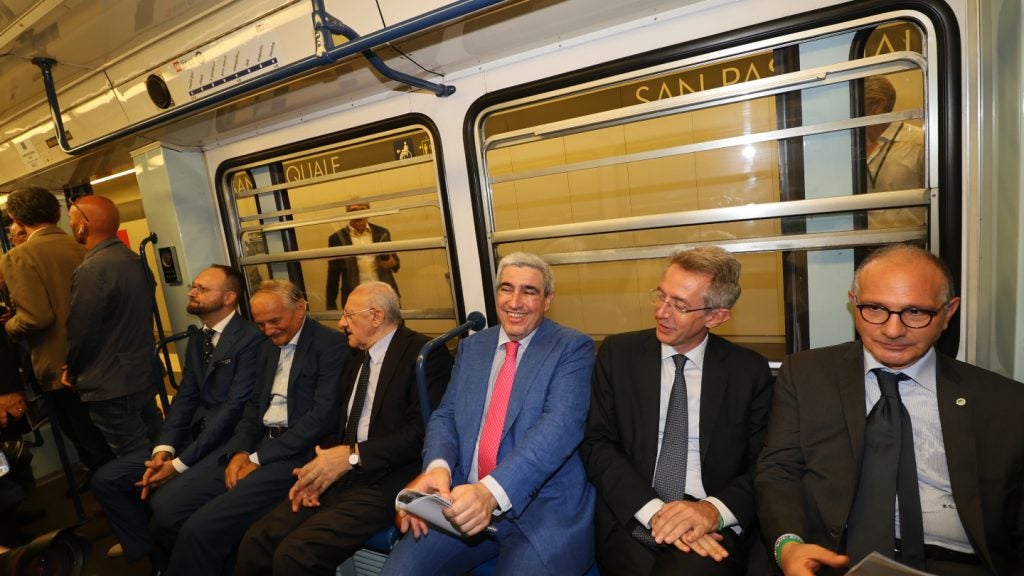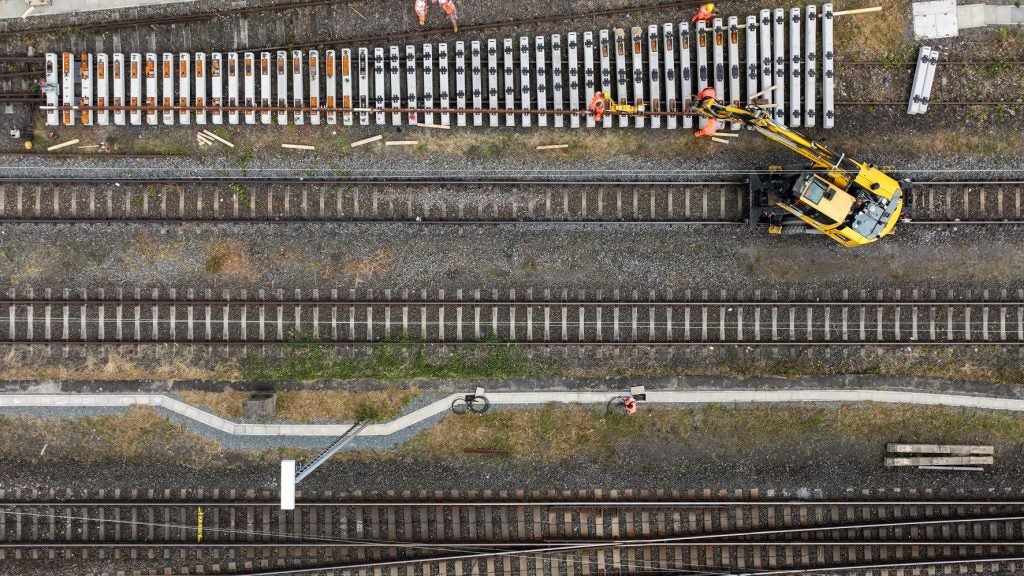South Central light rail extension is a proposed 8.8km-long extension to the existing light rail system in downtown Phoenix, Arizona, US.
Phoenix City Council approved the change of the opening date of the South Central light rail extension to 2023 from 2034 in January 2016. The Federal Transit Administration (FTA) approved funding for the project in April 2019, allowing it to enter the engineering phase.
Construction of the project is expected to be commenced in early 2020, while the new line is scheduled to enter service in 2023.
To be operated by Valley Metro, the extended light rail will mainly reduce traffic congestion and air pollution across the Valley. It will offer a new transport link to Arizona State University, downtown Phoenix, as well as the Phoenix Sky Harbor International Airport.
The new line is expected to witness a daily ridership of 6,690 people. It will serve approximately 128,000 employees in the region.
South Central light rail extension details
The 8.8km-long extension will originate at downtown Phoenix and terminate at the South Mountain Village core, before traversing through Central Avenue and 1st Avenue. It will pass through Central Avenue south to Baseline Road.
The project will feature nine new stations along the extended line and will also include the construction of a transfer hub in downtown Phoenix. The stations will be situated at Baseline Road, Southern Avenue, Roeser Street, Broadway Road, Audubon Center, Buckeye Road, Lincoln Street, 1st Avenue, and Jefferson / 3rd Avenue.
Park-and-ride facilities will be built at Baseline Road and Broadway Road stations with a total of 376 parking spaces. The operations and maintenance centre (OMC) will also be expanded to handle new light rail vehicles.
Bicycle and pedestrian facilities will be improved and 23 additional signalised crosswalks will be built as part of the project. A new loop at Sherman Street will be built to allow trains to change tracks or direction.
Construction details
Construction works of the project will commence with the relocation of third-party utilities in downtown Phoenix later in 2019. The new line is expected to be opened ahead of the Super Bowl 2023.
Improvements to the 7th street and I-17, 7th avenue, and I-17/Southern Avenue intersection will be carried out in mid-2019 to improve traffic flow.
The project will also involve track improvements in downtown Phoenix at McKinley Street, 5th Street, and 3rd Avenue.
Rolling stock and ridership
The extended line will deploy 17 light rail vehicles, which will be similar to those in the existing fleet. The vehicles will have the capacity to carry up to 175 passengers at a maximum speed of 56km/h.
Light rail vehicles will operate with 12-minute headway during the weekdays and 20-minute headway during late night and early morning hours, and at a frequency of 15-20 minutes during weekends.
Financing
The total estimated cost of the project is $1.34bn. The project is eligible to use up to $530m through Federal Transit Administration’s (FTA) capital investment grant programme. Valley Metro is expected to sign a full funding grant agreement in 2020.
The project is also being funded through the 35-year multi-modal transportation plan, Transportation 2050.
The Federal New Starts programme will provide for approximately 49% of the project funding, while 23% will be funded from City of Phoenix Transit 2050 sales tax, 16% from regional proposition 400 sales tax, and 12% from the Federal Congestion Mitigation and Air Quality (CMAQ) improvement programme.
Contractors involved in South Central light rail extension
Kiewit is acting as the construction manager for the project, while Aecom is the designer.
Cardno provided survey, mapping, and subsurface utility engineering services for the South Central light rail extension project.


